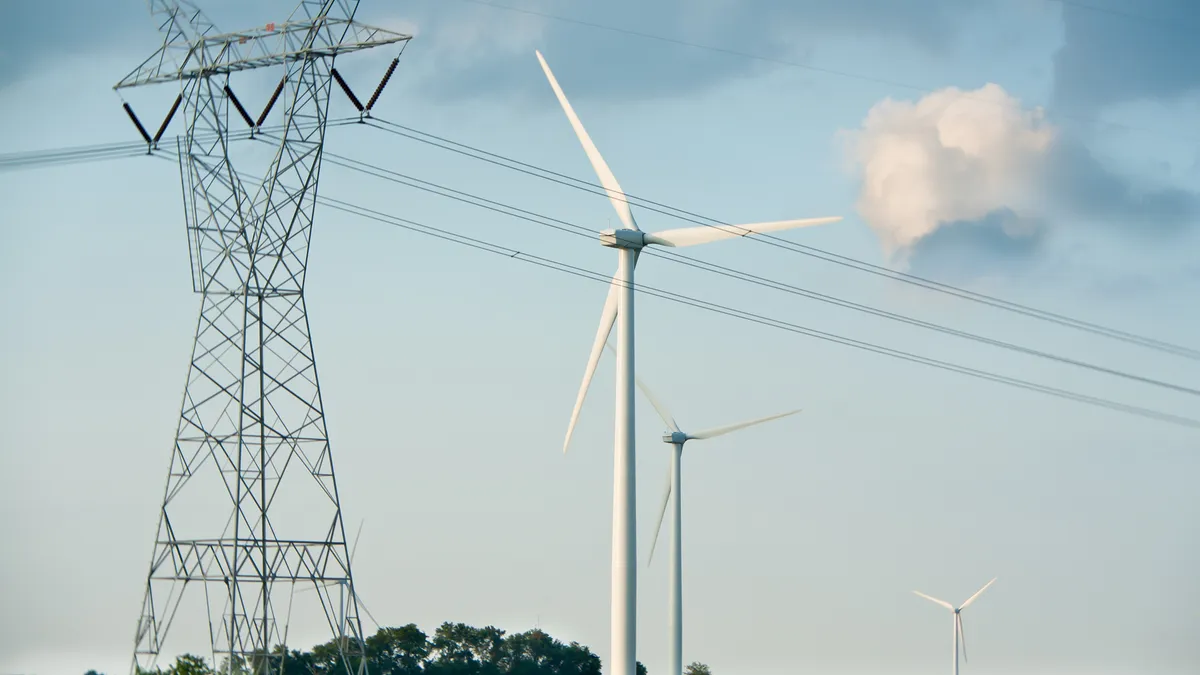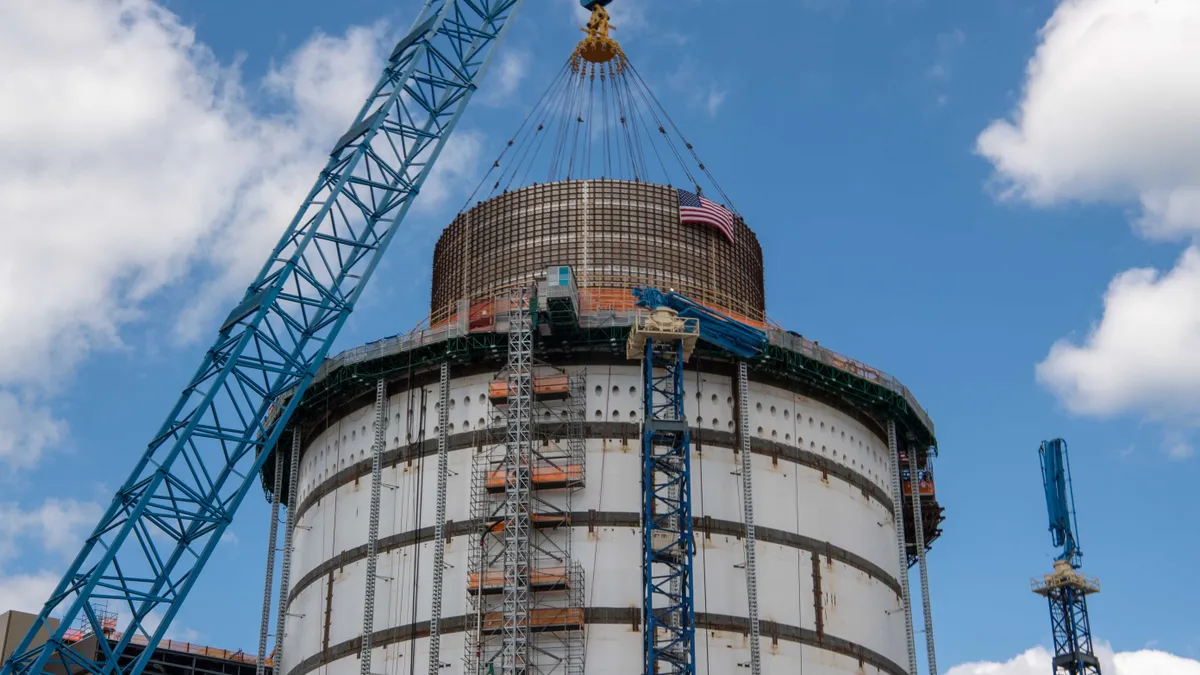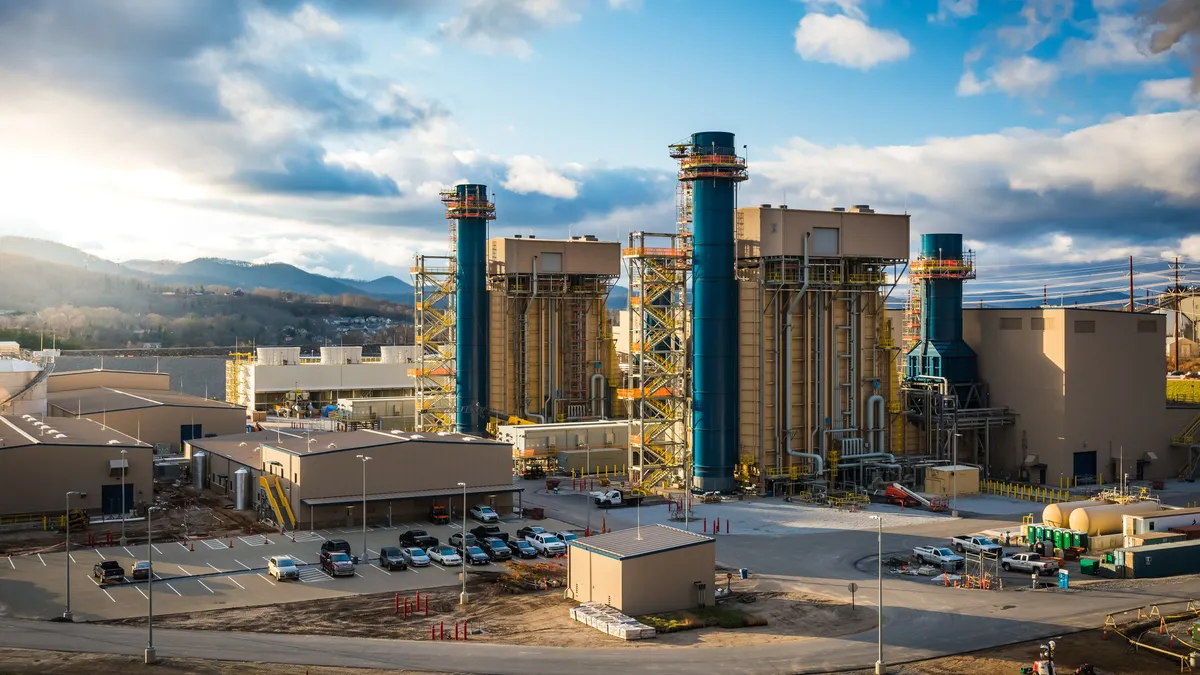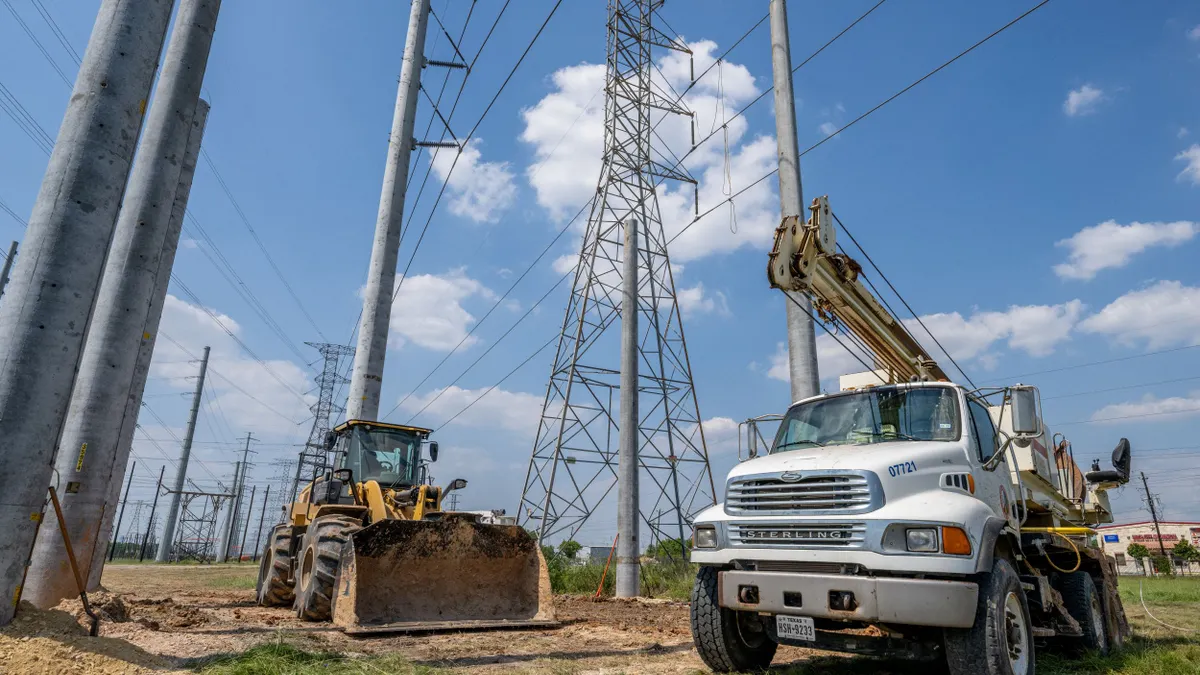Jonathan Chanis manages New Tide Asset Management, which invests in utility, minerals, and energy companies.
On Jan. 20, President-elect Donald Trump will be inaugurated as the 47th president of the United States. This will provide the president and the 119th Congress with an opportunity to establish their legislative priorities. One such critical priority should be permitting reform.
Both Democrats and Republicans are frustrated by the permitting process’s deficiencies. The existing dysfunctional process is an increasing drag on economic growth, employment, and prosperity, and it is a particularly large impediment to U.S. energy security and the functioning and growth of a healthy utility sector. Energy is the life blood of the economy and a supply of reliable and affordable power is critical to America’s competitiveness, especially in such areas as artificial intelligence.
Decades ago, Democrats and their NGO supporters were happy to use the permitting process to thwart fossil fuel development. But as investments shifted toward alternative energy production and vital electric generation and transmission projects, the process began to disproportionally constrain the Democrats’ objective of lowering carbon emissions. Consequently, Republicans began resisting permitting process reform in order to stifle the Democrats’ climate objectives. Since both sides locked themselves into this mutual denial strategy, little was done to promote needed energy, mineral and infrastructure development.
The primary obstacle blocking needed development is frivolous lawsuits filed by a handful of special interest groups under the National Environmental Policy Act of 1970. NEPA’s statutory purpose is to inform the public about “potential impacts and alternatives involved in projects.” The act itself imposes no substantive requirements regarding water quality standards or emissions caps. It requires, when appropriate, that environmental impact statements be compiled. Unfortunately, the act has become the legal pretext for obstructing numerous projects across a range of sectors. Despite approximately 80% of NEPA legal challenges failing, these suits needlessly delay critical energy, infrastructure, land use and other projects. For electricity transmission projects, the average delay is six and a half years. This litigation and ensuing delays significantly raise project costs and even dissuade projects from being considered. This is not acceptable.
After months of negotiations in 2024, Sens. Joe Manchin and John Barrasso crafted a permitting compromise in the Energy Permitting Reform Act, or EPRA, but this bipartisan compromise died with the 118th Congress. However, bipartisan permitting reform is still necessary for America to maintain, if not grow, its global energy dominance, and EPRA is a solid foundation from which to fashion permitting reform. Sens. Manchin and Barrasso knew just what our nation needed to rejuvenate a broken permitting process. Quite frankly, it’s something that the incoming Trump administration should use as a basis for any potential permitting reform.
What lawmakers must realize is that permitting reform benefits both sides of the aisle. It’s a way to bring otherwise divided policymakers together to secure the future of our nation’s energy output, meet our domestic needs and support our allies abroad. Many provisions that the senators originally proposed would ensure the acceleration and expansion of fossil fuel and alternative energy — a priority for both the left and the right.
While the nominal shift in the incoming Senate balance of power is likely to cause the Republicans to push for further pro-fossil fuel changes, the new administration and Congress can use EPRA as a strong basis for progress. Clearly some aspects of EPRA can be altered to reflect the ability of the Republicans to accomplish more of their agenda without Democratic support, e.g., LNG export permitting. But asking for too much may just destroy the prospects for reform, especially durable reform that cannot be done through the reconciliation process or that could be reversed by any future Democratic administration. A good example of this would be needed judicial reform such as limiting standing for legal challenges only to those parties that can claim direct, imminent and irreparable harm from a project unaddressed by agency documents. Achieving this will be virtually impossible without compromise.
Given Democrats’ climate change concerns, and the threat of President-elect Trump reversing many of President Biden’s executive orders, a bipartisan legislative compromise that utilizes EPRA as a starting point is a way for both sides to lock in many of their policy objectives. Republicans and President-elect Trump should take the win that a permitting reform compromise bill offers and they should do this in the first 100 days of the new administration.






















